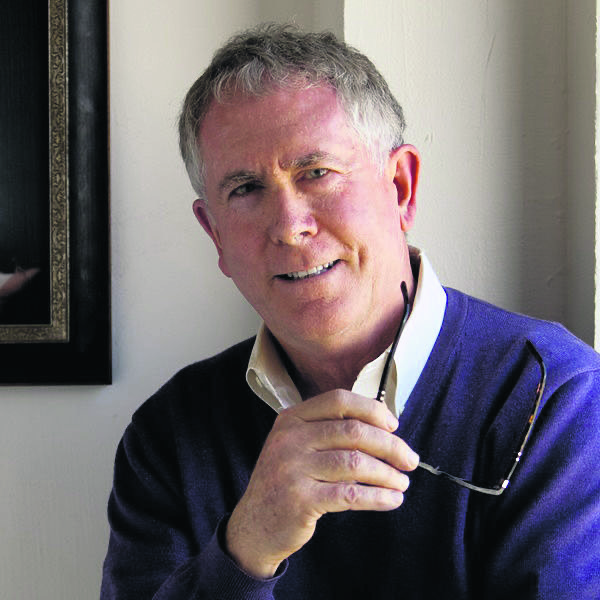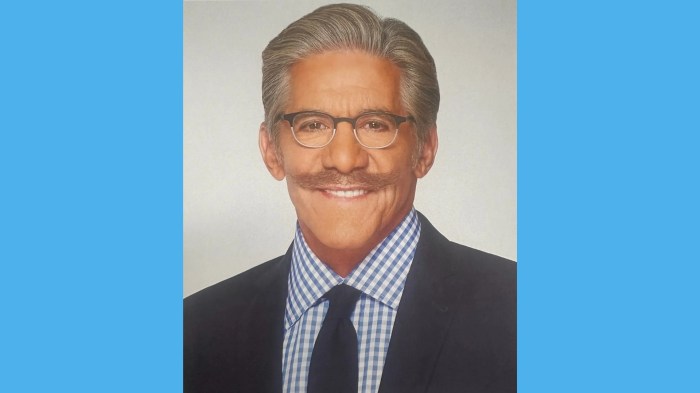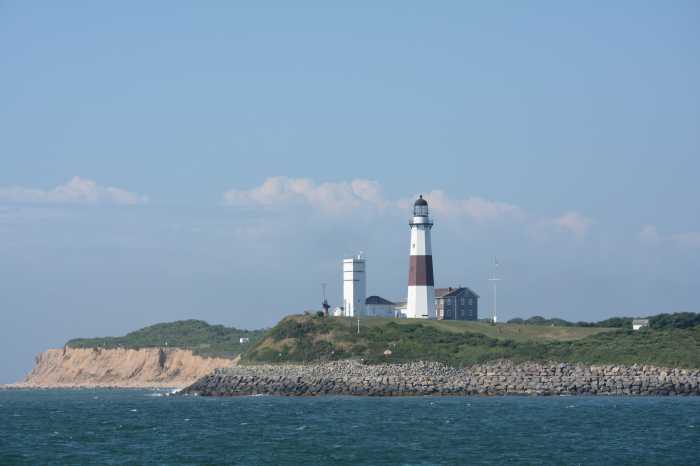America’s next tipping point is coming soon
The term “tipping point,”popularized by Malcolm Gladwell refers to the point at which a series of small changes or incidents become significant enough to cause a larger, more important change.
Gladwell famously used the repopularization of Hush Puppy shoes in 1994 as an example of a tipping point in fashion, but tipping points need not be confined to the world of fashion.
The world experiences a major tipping point every 10 years or so. Looking back at the last 70 years, it is easy to see the global tipping points. They are often seen in politics, but major tipping points can also be caused by technology, music, nature or the media. Lets start with the 1940s and work forward:
1) The 1940s and the H-Bomb: In 1945 America dropped two hydrogen bombs on Japan which instantly changed global politics and established the United States as a world power, rivaled only by the USSR.
2) The 1950s, Elvis Presley and the sexual revolution: Elvis appeared on the “Ed Sullivan Show” in 1956. His voice, good looks and his swiveling hips were the forerunner of the sexual revolution and the awakening of America’s libido. The Beatles and the Stones came to America shortly thereafter and helped usher in the “sex, drugs and rock ‘n’ roll” generation.
3) The 1960s and the Kennedy assassination: In 1963 President John Kennedy was assassinated in Dallas, Texas. I don’t think our nation has recovered from that trauma.
Since Kennedy’s assassination, every president has been drummed out of office, impeached, voted out of office in one term or shot at with the exception of Obama. Kennedy’s death marked a tipping point and since then America has not trusted its politicians.
4) The 1970s and the ‘End of History”: Post-modernism is a philosophical discipline espoused by intellectuals and one of their positions is that history ended in 1980. The claim that the overwhelming amount of news we get on a minute-to-minute basis makes it impossible for citizens to digest it all and so history itself reached a tipping point that ended at about 1980.
The popular film “The Matrix” was written and directed by the Wachowski sisters and was based upon the writing of the post- modern thinker Jean Baudrillard. He also was the one who suggested history has ended. This odd but simple theory may be a good way to explain how Trump was elected.
5) The 1980s and the falling of the Berlin Wall: The crucial importance of the fall of the 155-kilometer Berlin Wall was that it represented the defeat of communism and the rise of capitalism as the solitary world power. The cold war was won by the West and the world no longer had a balance of power. Shortly after this, America witnessed a rise of internal repression, led by Sen. Jesse Helms against the National Endowment for the Arts. Helms’ effort to dismantle this $170 million endowment demonstrated America’s need for another enemy to fight and its decision to make the enemy the arts.
6) The 1990s as a lead-up to the fall of the World Trade Center: The 1990s marked the rise of global terrorism and the first bombing of the World Trade Center in 1993. After the fall of the USSR, our competitors became terror cells hidden in the Middle East and we have been fighting them ever since.
7) The 2000s and the global economic collapse. In 2008 American banks began to fail, thanks to the collapse of the housing market. The 2008 breakdown of the global economy was a tipping point that we may not have learned from.
8) 2010’s and COVID: On Dec. 31, 2019, the World Health Organization announced the presence of a lethal virus in a cluster of patients from Wuhan China. This marked the beginning of COVID, a global epidemic that shut down the world for two years and one we are still recovering from.
It turns out that tipping points can be created by H-Bombs, politics, intellectuals and singers and even by nature.
So the question remains: What will be America’s next tipping point, our next crisis? If history is any indication it will come within the next five years. And it is not very difficult to determine its origin story. We already can see how artificial intelligence is terrifying in films like “The Terminator” and The Matrix.” Books like “Klara and the Sun” by Ishiguro demonstrate the charm and sweetness of robots. The Atlantic and The New York Times both have captivating stories every week about artificial intelligence. Robert Downey Jr. is now starring in “McNeal” on Broadway, a play written by a human and ChatGPT.
A tipping point is defined as a series of small changes accumulating into a major, big, larger-than-life event that changes everything.
Social media, Facebook, AI and its mighty algorithms have us in their grasp. The only questions that remains are what will the tipping point look like, when will it happen and will it be good or bad for humans. Buckle up and get ready ’cause it’s coming sooner than we think.


































